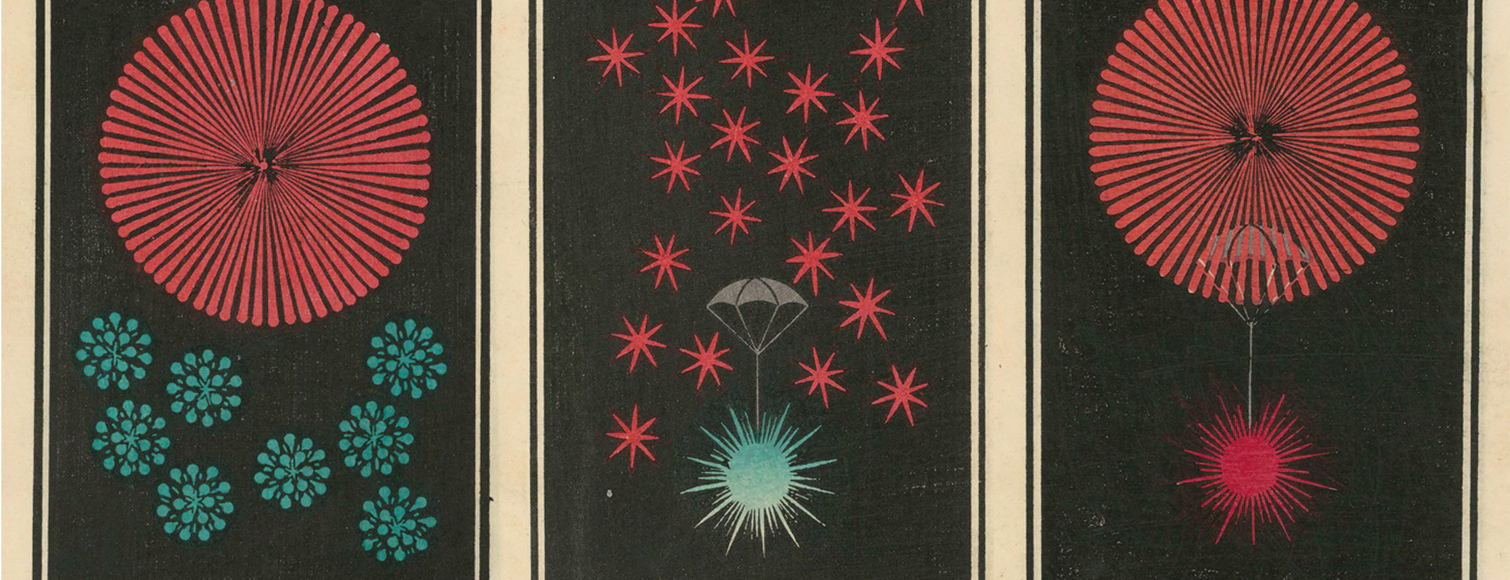Who among us is concerned about tomorrow, next week, next year—or ten years from now? So
much is happening in such a short time that it’s difficult to chart a life path. Where will new
technologies like AI or biotechnology take us? Will I ever be able to buy a house? What does climate
change mean for my future? Am I living too much in a bubble—do I still understand what people say
who are frustrated and feel unheard? What does it mean to live in such a turbulent time, to form
relationships, have children? How do I view geopolitical conflicts? Should I still eat meat? What
should our cities look like, and how do we relate to the provinces? Should borders be closed or more
open? Should I be afraid on the street because of how I look, or whom I love, even if it doesn’t
conform to the norm? And so on for a while. Big questions that simultaneously demand answers in
daily life.
Studium Generale wants to be a mirror to the university—but is also a mirror of the times.
Traditionally, autonomy and critical reflection are important values for SG, but in this time—where
everything seems connected and changes rapidly—we believe it’s important to explore what it
means to live in a complex field where everything appears to be interconnected. All these changes
especially show how dependent we are on our environment—think of the climate—and that the
actions and choices we make have consequences beyond ourselves. Should we, for example, buy
clothes without knowing how they are made?
Dealing with complex social and political issues daily, it is important for us to stay open and engaged
in our activities. To ensure this, we worked hard this year to integrate these elements further into
our organisation. We have rewritten our mission and vision statements, adding both intersectionality
and multidisciplinarity to the core of our ambitions. Reflecting on the interplay between ecology,
philosophy, science, and technology is important, but also how to live together with a great diversity
of people and lifestyles.
As a group, we are committed to not only staying open to each other but actively reaching out to the
diversity of people at TU Delft and in the city. For our work to reach the level of relevance we are
aiming for, we need to do this together, with you.
To do so, quite a few things have changed over the last year. We have introduced the Nook, a place in
the Library main hall to get together and share thoughts, discuss, and connect. Part of the Nook is
also the three new exhibition pillars, where everyone can engage with the ongoing program in
different ways, and where we bring together art and programs. We have also launched the
preparation for a festival, taking place in March, that centers on the topics of intersectionality and
multidisciplinary, both on a very small scale and a very large scale. The festival is called For Love of
the World—because precisely this time does not call for withdrawal but for loving engagement.
Finally, we have started on a new visual identity that expresses these changes to the world in an
exciting, new way. This goes hand in hand with the development of a new website, which is also
becoming a place to share thoughts and discuss.
Not only the holidays are a good time to reflect; reflection can also be integrated into your daily
activities. For us, it was planned, co-created, and organised, leading to the exciting results that we
can’t wait to share with you next year. It is now time to recharge with friends and family, so we’ll be
able to make up for the promises that we made to ourselves, each other, and to you.
Have a good break and see you next year.
Leon Heuts, head of Studium Generale TU Delft

